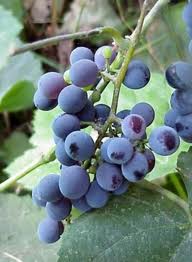Lughnasa Waning Harvest Moon
“It is the mark of an educated mind to be able to entertain a thought without accepting it.” – Aristotle
While the empirical method, the theory of falsifiability and scientific rigor make it an article of faith that scientists will entertain thoughts with which they may not agree, it is even more important that in the world outside the realm of science: politics, art, sports, religion, literature, psychological therapies and commerce for example, that we insist on considering the opinions and beliefs of others without subordinating ourselves to them.
Why more important? Because these are the realms in which we live our lives. The realms of home, work, play, faith, leisure and citizenship. The crucial realms. Science is but a helpmate, a maidservant to these much more central human activities. Science gives us tools to use, like this computer on which I work and the communication network on which you read this, but the tool does not write the words, think the thoughts, feel the feelings.
Science gives us a clearer and clearer picture of our world, the fundamental physical and biological components of it, but science fails when it steps into such everyday, yet critical arenas like defining life, the meaning of life, the decision between a good use of nuclear power and a dangerous one, identifying the beautiful or the just, embracing love.
It is in these fuzzier areas, the areas marked by complexity and uncertainty, that the humanities come into focus. The humanities allow us, demand really, to search the experience of humans who have lived before us or who live now. We search their experiences and their thoughts and dreams through books, movies, paintings, sculpture, music, political structures, even through the medium of a blog such as this one.
We then face the always daunting task of exegesis, that is, making sense of the thought or experience in its original context, and after this challenge, we face the even more critical task of hermeneutics, applying the wisdom of the past or of others in other places, to our own situations.
Only when we can entertain the thoughts of others, often alien others, alien due to era or geography or culture, can we examine our own lives and situations in a broader context. In that broader context we can see new or different ways to handle the problems we face today.

